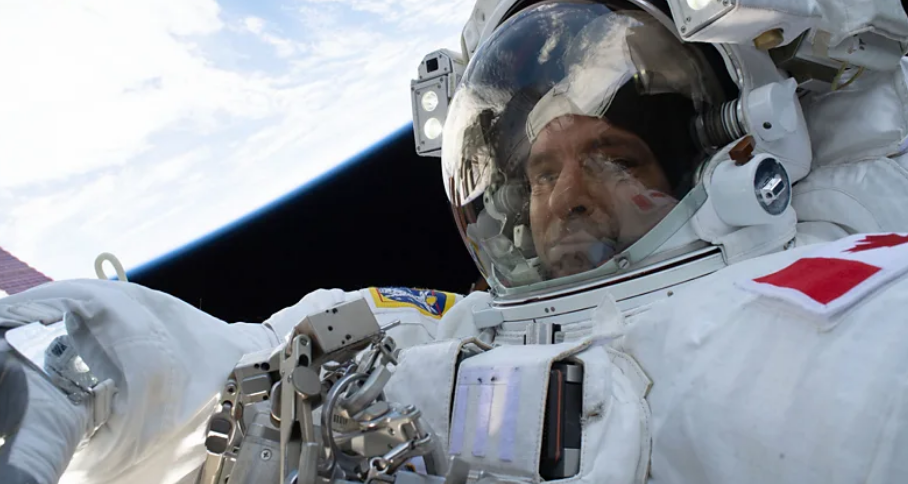Space may be a vacuum, but that hasn’t stopped scientists from exploring what it might smell like. From the ammonia-rich clouds of Jupiter to the almond-tinged gases of distant moons, researchers are turning cosmic chemistry into a surprising journey through scent.
One of the leaders in this unusual field is Marina Barcenilla, a space scientist and fragrance designer at the University of Westminster. Her work bridges astrobiology and perfumery, using known molecular compositions of planets, moons, and cosmic dust to recreate the potential odours of the universe for a new exhibit at London’s Natural History Museum.
According to Barcenilla, Jupiter is among the most pungent planets. The gas giant is layered with chemicals such as ammonia ice—comparable in smell to cat urine—and ammonium sulphide, which gives off a rotting egg stench. Dive deeper and you might encounter hints of petroleum, garlic, and burnt plastic. “You’d probably wish you were dead before being crushed by the pressure,” she says.
Even more distant locations offer strange olfactory experiences. Saturn’s moon Titan might smell like sweet almonds mixed with petrol and fish, while exoplanet HD 189733 b could assault the senses with the stink of sulphur. Meanwhile, gas clouds drifting through the Milky Way may carry molecules like methanol, ethanol, and hydrogen sulphide, evoking smells from sweet alcohols to industrial solvents.
Smells also emerge from spacewalks. British astronaut Helen Sharman recalls a metallic scent clinging to her suit after working outside the Mir space station. Some attribute the “burnt” smell astronauts report to atomic oxygen reacting with air inside the station, producing ozone.
Back on Earth, Barcenilla’s recreated Mars scent combines notes of iron, dust, and moisture—evoking the scent of damp garages and old books. “It’s surprisingly nostalgic,” she notes.
Yet, perhaps the most intriguing scent discovery is tied to the search for alien life. Recent analyses of K2-18b, an exoplanet 120 light years away, suggest the presence of dimethyl sulphide—a compound produced by marine life on Earth. While not confirmed, the finding raises the possibility that distant oceans may harbor biological activity.
As Barcenilla points out, many cosmic odours are already familiar to us. From rust to raspberries, space’s chemical palette reflects Earth in curious and evocative ways. For astronauts and Earth-bound visitors alike, smell remains a powerful link between home and the stars.


